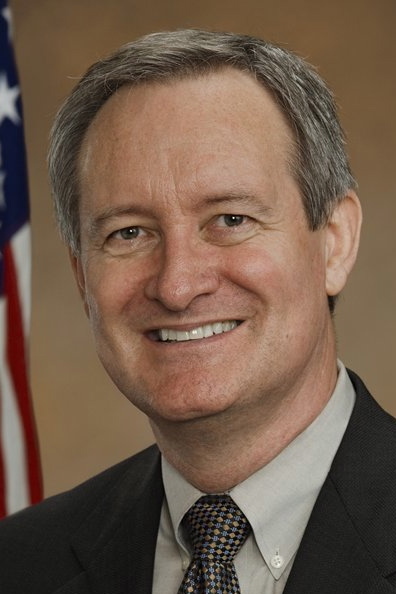“Ninety-seven percent of land in Custer County is state and federally owned and exempt from taxation,” explained Custer County Commissioner and Idaho Association of Counties Public Lands Committee Chairman Wayne Butts. “Counties and schools like ours can’t operate without federal forest payments.”
This is the crux of why addressing the expiration of the Secure Rural Schools (SRS) program is important. The SRS program has become vital in budgeting for essential services in Idaho’s forested counties with large tracts of tax-exempt federal lands. It is time to meet the federal obligation to these counties and create a permanent, lasting program for Idaho counties and schools surrounded by tax-exempt federal lands. A long-term endowment assisted by forest products receipts would ensure certainty for parents, students and those traveling Idaho’s roads and bridges.

Fellow U.S. Sens. Ron Wyden (D-Oregon), James E. Risch (R-Idaho), Jeff Merkley (D-Oregon) and I recently reintroduced the bipartisan S. 1643, the Forest Management for Rural Stability Act, that would establish a growing endowment to provide funding needed for schools, road maintenance, law enforcement and other essential services. The legislation would end the need for short-term or retroactive reauthorizations of the Secure Rural Schools program, which expired at the end of Fiscal Year 2018. Congress would provide seed funding for the endowment, and the legislation would enable commercial receipts generated on Forest Service and National Wildlife Refuge Revenue Sharing lands to be deposited annually into the fund. Interest from the endowment’s investments will finance county payments using the SRS formula.
Property taxes fund county governments, allowing them to provide public safety services and infrastructure maintenance for local communities. However, lands managed by the federal government cannot be taxed by local or state governments. The federal government is responsible for the impact of federal land ownership on local communities, and laws have been enacted to help offset losses to local governments from the presence of non-taxable lands. Critical services in federal forested counties have historically been funded in part with a 25 percent share of timber receipts from federal U.S. Forest Service Land. As those revenues fell due to reduced timber harvest, the Secure Rural Schools and Community Self-Determination Act was enacted in 2000 to provide SRS payments to help bridge the gap to keep rural schools open, provide road maintenance, support search and rescue efforts and other essential county services.
In the nearly 20 years since the establishment of the Secure Rural Schools program, Congress has reauthorized the program multiple times and made adjustments to it. But, too often the program has lapsed and left counties in limbo as fellow senators and I have pressed our congressional colleagues to fund the program in a fiscally responsible manner to meet the federal government’s responsibility to the rural communities housing our federal lands. Lapses and short-term reauthorizations have created massive uncertainty for counties as they budget for basic county services.
To address the problem, I worked with Senators Wyden, Risch and Merkley to first introduce the bipartisan Forest Management for Rural Stability Act last year to make the SRS program permanent by creating the endowment fund to provide stable, increasing and reliable funding for county services. We have since gathered the input of stakeholders, our Senate colleagues and others to refine the proposal. This effort has culminated in the reintroduction of this legislation.
The Secure Rural Schools program is important to many states with forested counties with large tracts of tax-exempt federal lands, and this legislation should receive strong, bipartisan support. I look forward to its enactment that will help meet the federal government’s responsibility to rural counties housing federal lands.
Written by U.S. Sen. Mike Crapo.
